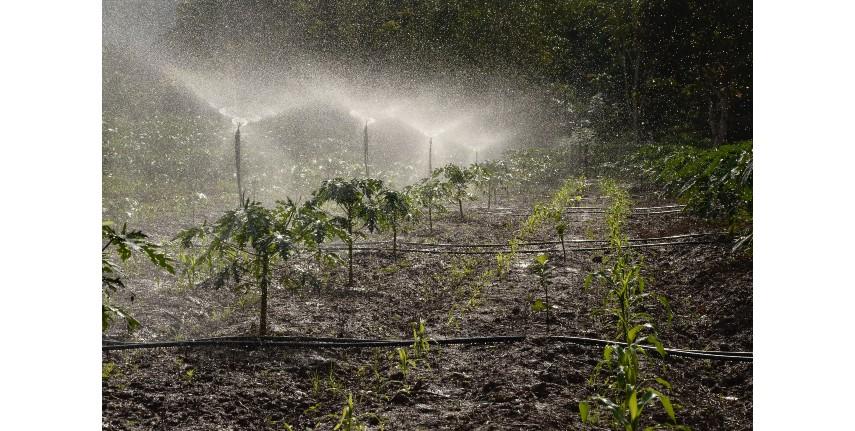
Submitted by K.L. Hlaba on Fri, 30/04/2021 - 12:26
Cambridge plant scientists say circadian clock genes, which enable plants to measure daily and seasonal rhythms, should be targeted in agriculture and crop breeding for higher yields and more sustainable farming.
Like humans, plants have an ‘internal clock’ that monitors the rhythms of their environment. The authors of a study published today say that now the genetic basis of this circadian system is well understood and there are improved genetic tools to modify it, the clock should be exploited in agriculture - a process they describe as ‘chronoculture’ - to contribute to global food security.
Please find the rest of this article by Jacqueline Garget here.
Image: Crops being watered. Credit: Philip Junior Male on Unsplash

